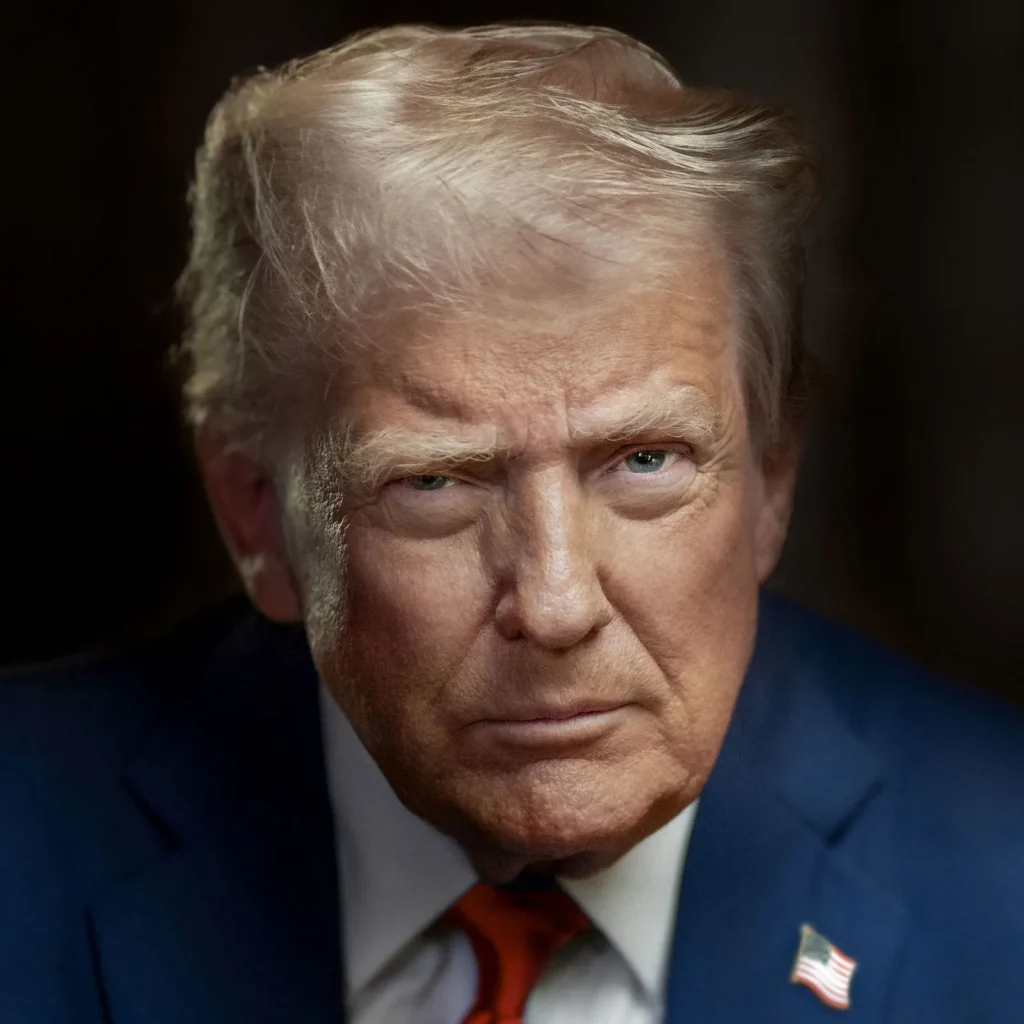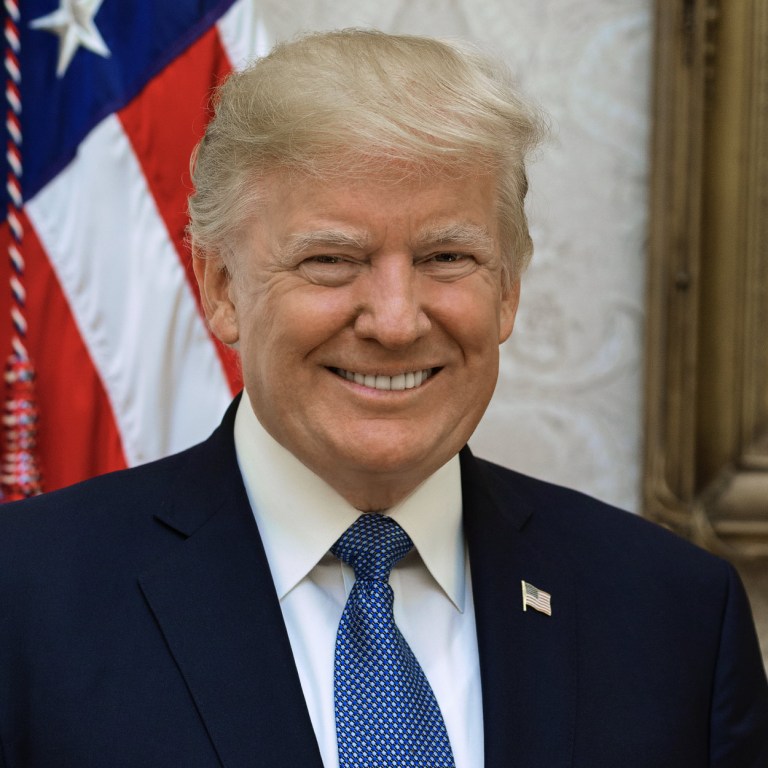Written by ; Brian Duignan
Thank you for reading this post, don't forget to subscribe!Thank you for reading this post, don't forget to subscribe!
Politics, Law & GovernmentWorld LeadersPresidents & Heads of States45th and 47th president of the United StatesAlso known as: Donald John TrumpWritten by Fact-checked by Last Updated: Jul 30, 2025 • Article HistoryDonald Trump U.S. Pres. Donald Trump's official portrait, 2025.Top QuestionsWhat historical significance do Donald Trump’s terms in office hold?How did Donald Trump’s business career begin?Where and when was Donald Trump shot?News • Trump signs order to justify 50% tariffs on Brazil • July 30, 2025, 10:32 PM ET (AP) Donald Trump (born June 14, 1946, New York, New York, U.S.) is the 45th and 47th president of the United States (2017–21; 2025– ).
Following his inauguration on January 20, 2025, Trump became only the second president to serve two nonconsecutive terms, the first being Grover Cleveland (1885–89; 1893–97). In January 2025, upon his sentencing without punishment for a felony conviction in 2024, Trump officially became the first convicted felon to be elected president. At age 78, Trump is the oldest person to win the office.Trump’s conviction took place on May 30, 2024, when a New York state jury found him guilty on 34 felony counts of falsifying business records in connection with a hush-money payment in 2016 to the adult-film star Stephanie Clifford, known as Stormy Daniels, who claimed to have had an affair with Trump in 2006. He had also been indicted on dozens of other federal and state charges in cases relating to his efforts to overturn his defeat in the presidential election of 2020 and his removal of numerous classified documents from the White House upon leaving office. Following Trump’s election to a second term, special counsel Jack Smith, who led both federal criminal cases against Trump, requested that the election-related charges against Trump be dropped and that Trump be removed from the group of codefendants in the classified documents case. Smith’s decisions reflected a Justice Department policy that prohibits the criminal prosecution of a sitting president









